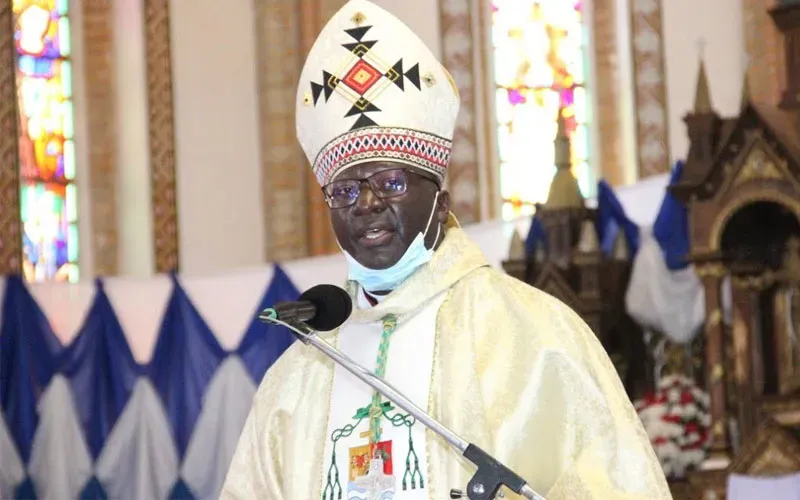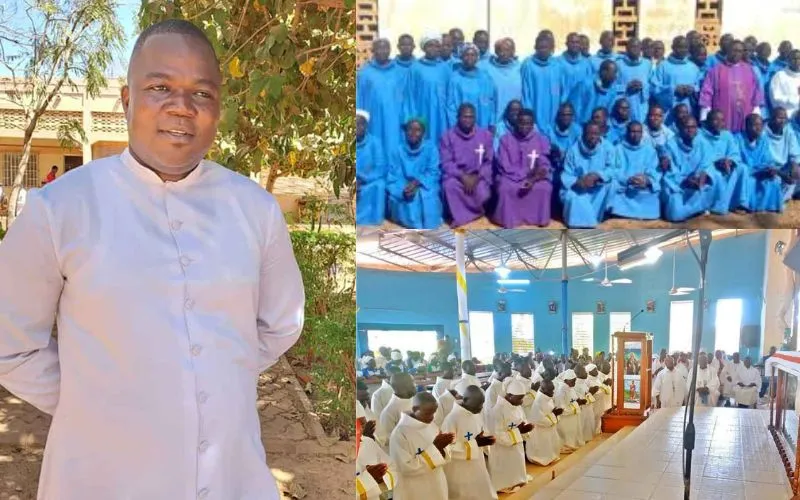Aliwal, 09 March, 2023 / 9:00 pm (ACI Africa).
Human trafficking in the nine countries under the Inter-Regional Meeting of the Bishops of Southern Africa (IMBISA) is “a scandalous industry” that goes against the rights of persons in all aspects , the Catholic Bishop overseeing a regional Catholic Bishops’ department for the Migrants and Refugees has decried.
In a Tuesday, March 7 webinar that IMBISA organized, Bishop Joseph Mary Kizito who oversees the Migrants and Refugees department of the Southern African Catholic Bishops’ Conference (SACBC) said that human trafficking is an “evil” that the Church cannot be quiet about.
“The Church cannot keep quiet on this issue of selling and exploitation; the Church cannot turn away; it is shameful; it is a scandalous industry; it is evil; it violates human rights in all its aspects,” Bishop Kizito said.
The Bishop of South Africa’s Aliwal Diocese attributed the increasing human trafficking cases in Angola, Botswana, Eswatini, Lesotho, Mozambique, Namibia, São Tomé and Príncipe, South Africa, and Zimbabwe to a variety of factors.
“The economic situation in our IMBISA region is rampant, the issue of poverty, broken families, desperate young people, all contributes to trafficking,” Bishop Kizito said in his reflection on “St. Josephine Bakhita and human trafficking”.








